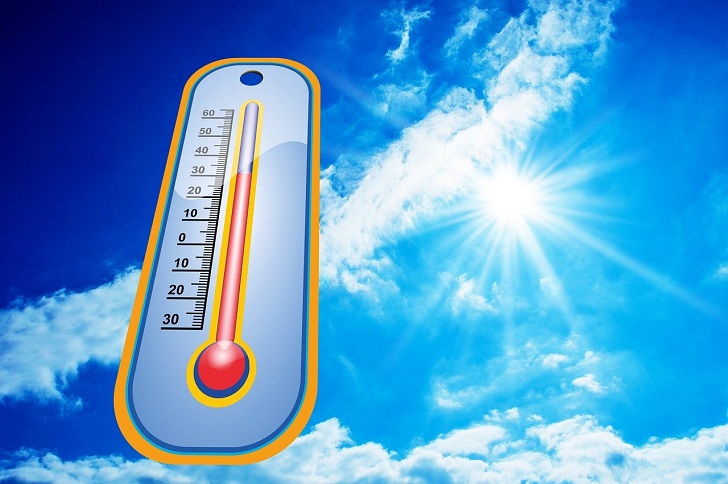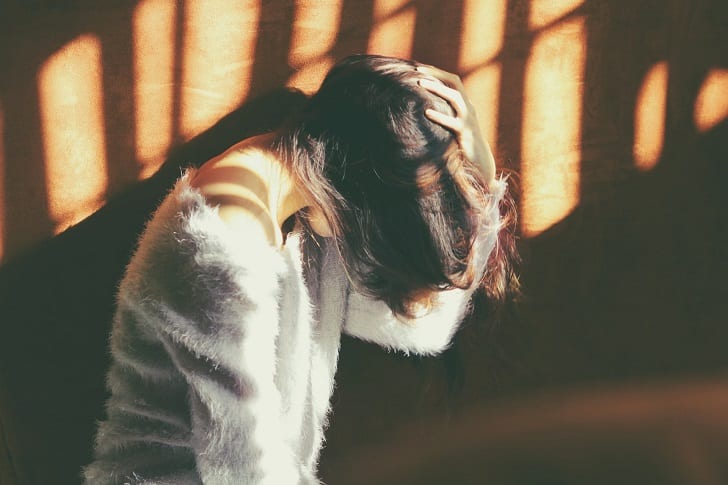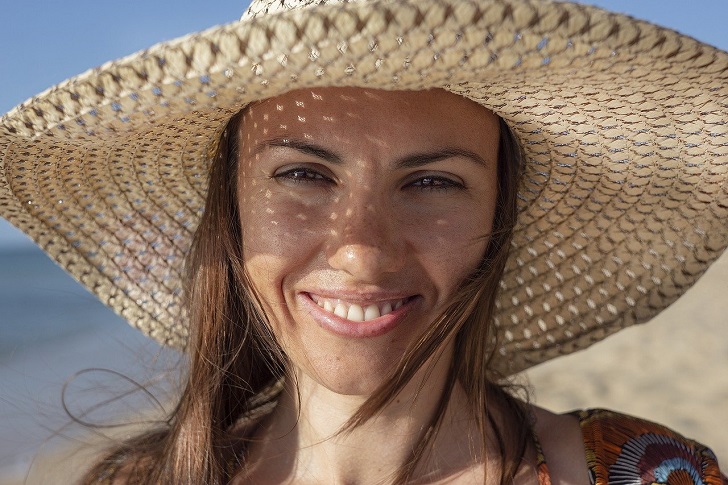Whenever the human body gets excessively heated up, it starts sweating as a natural response to dissipate the heat. However, in the case of some people, regular sweating is unable to balance or cool down the heat that’s generated from within the body. Such people are identified as patients of heat exhaustion.
Those who suffer from this condition are considered susceptible to heat stroke (which is counted among life-threatening diseases). But thankfully, with proper awareness of heat exhaustion symptoms, resultant deaths can be prevented.

How is a Heatstroke Different from Heat Exhaustion?
The human body maintains its cool through sweating. But if the body temperature rises and the body loses its ability to cool down itself, a heatstroke happens, which can be fatal.
Read – How Can a Heatstroke be Prevented
On the other hand, heat exhaustion is not that severe. It occurs when the body’s blood pressure is low, and its temperature is average. At such a time, the heart doesn’t pump blood at a regular rate causing resultant health issues. Heat exhaustion can last for several days and is usually the result of insufficient water intake as well as overly heated environments.
Heat Exhaustion Symptoms and Causes
A few commonly seen symptoms of heat exhaustion are:
- Incessant sweating
- Painful cramps in the muscles
- Fatigue and Weakness
- Sudden fainting
- Quickened pulse
- Dizziness and Nausea
- Headaches

These symptoms can lead to a deadly health condition if proper treatment is not provided to the patient quickly.
Now let’s take a quick look at the leading causes of heat exhaustion:
- Hot weather
- Strenuous activities
- Dehydration
- Excessive alcohol use
- Overdressing
While the older generation is more susceptible to this problem, it can happen to anyone. People involved in regular exercise in a heated environment, patients with high blood pressure, and obese individuals may also suffer from heat exhaustion.
Preventive Measures against Heat Exhaustion
Here are a few precautions one can rely on:
Ample fluid intake
Stay hydrated by having lots of fluids to help the body sweat as much as required.
Wear loose clothes
Tight clothes may prevent the body from cooling down quickly, so wear lightweight and free clothes.
Get acclimated
Limit the timings you spend in a heated environment. This may help your body to maintain its temperature.
Avoid peak time
Avoid physical activities during the hottest parts of the day or warm weather and rest frequently in cold spots.
Protection against sunburn
Sunburn might be grueling. It would be best to protect yourself from direct heat with headcovers like a wide-brimmed hat or a sun-block that’s high on SPF.

Medications
Be extremely cautious if you are at an increased risk of heat exhaustion due to some regular medications. You must consult your doctor to check if the medicines you take regularly raise your body temperature.
Read – First Aid for Heat Exhaustion
Conclusion
As mentioned above, untreated heat exhaustion may lead to heatstroke. It needs immediate attention as it may result in permanent brain damage.
